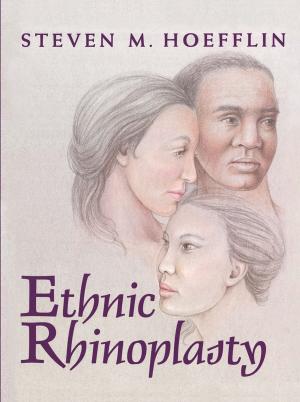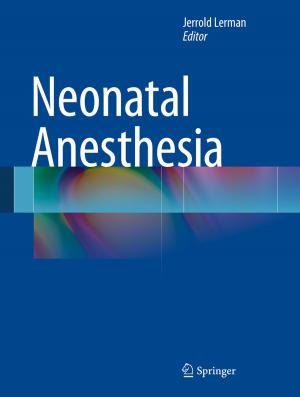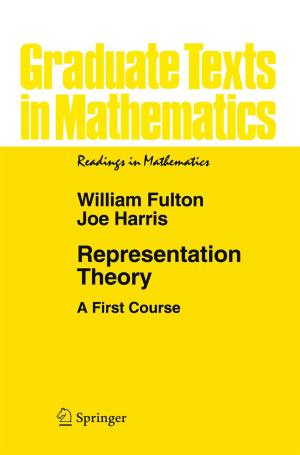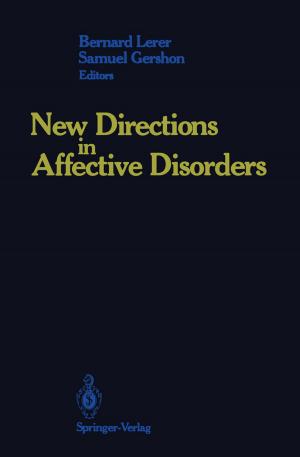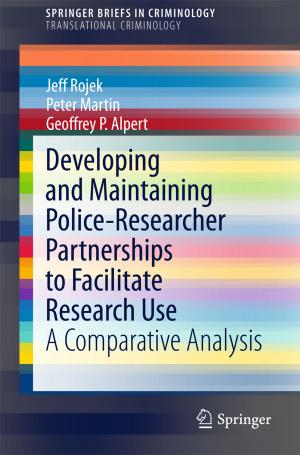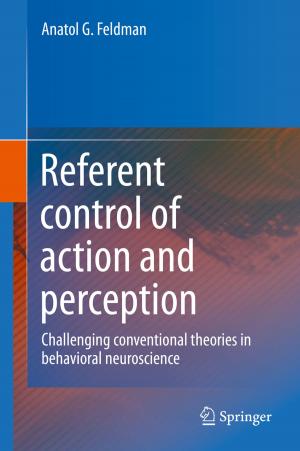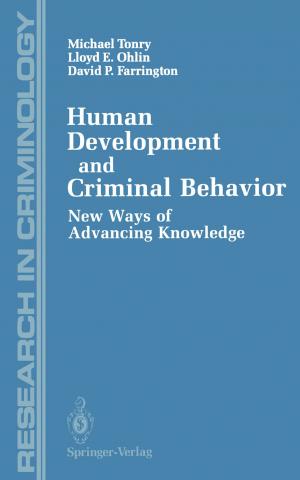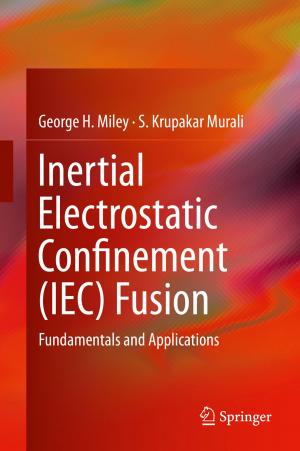The Chinese Face in Australia
Multi-generational Ethnicity among Australian-born Chinese
Nonfiction, Health & Well Being, Psychology, Social Psychology, Social & Cultural Studies, Social Science, Sociology| Author: | Lucille Lok-Sun Ngan, Chan Kwok-bun | ISBN: | 9781461421313 |
| Publisher: | Springer New York | Publication: | June 7, 2012 |
| Imprint: | Springer | Language: | English |
| Author: | Lucille Lok-Sun Ngan, Chan Kwok-bun |
| ISBN: | 9781461421313 |
| Publisher: | Springer New York |
| Publication: | June 7, 2012 |
| Imprint: | Springer |
| Language: | English |
The book explains how multi-generational Australian-born Chinese (ABC) negotiate the balance of two cultures. It explores both the philosophical and theoretical levels, focusing on deconstructing and re-evaluating the concept of ‘Chineseness.’ At a social and experiential level, it concentrates on how successive generations of early migrants experience, negotiate and express their Chinese identity.
The diasporic literature has taken up the idea of hybrid identity construction largely in relation to first- and second-generation migrants and to the sojourner’s sense of roots in a diasporic setting somewhat lost in the debate over Chinese diasporas and identities are the experiences of long-term migrant communities. Their experiences are usually discussed in terms of the melting-pot concepts of assimilation and integration that assume ethnic identification decreases and eventually disappears over successive generations. Based on ethnography, fieldwork and participant observation on multi-generational Australian-born Chinese whose families have resided in Australia from three to six generations, this study reveals a contrasting picture of ethnic identification.
The book explains how multi-generational Australian-born Chinese (ABC) negotiate the balance of two cultures. It explores both the philosophical and theoretical levels, focusing on deconstructing and re-evaluating the concept of ‘Chineseness.’ At a social and experiential level, it concentrates on how successive generations of early migrants experience, negotiate and express their Chinese identity.
The diasporic literature has taken up the idea of hybrid identity construction largely in relation to first- and second-generation migrants and to the sojourner’s sense of roots in a diasporic setting somewhat lost in the debate over Chinese diasporas and identities are the experiences of long-term migrant communities. Their experiences are usually discussed in terms of the melting-pot concepts of assimilation and integration that assume ethnic identification decreases and eventually disappears over successive generations. Based on ethnography, fieldwork and participant observation on multi-generational Australian-born Chinese whose families have resided in Australia from three to six generations, this study reveals a contrasting picture of ethnic identification.

